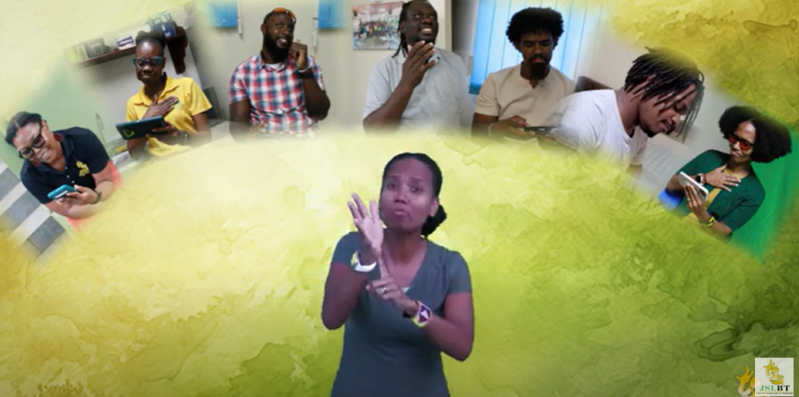
As Jamaica heads to the polls on Sept. 3, questions have been raised about the quality and consistency of sign language interpretation during the televised debates that shaped the campaign. Advocates for the D/deaf and hard of hearing community, which makes up an estimated 1–2 percent of the population, say reliable access is essential to ensure full participation in the democratic process.
The Jamaica Debates Commission (JDC), which organizes the national debates, did not provide Jamaican Sign Language interpretation at the first debate on Aug. 23, focused on social issues. Interpretation was added for the second debate on Aug. 26, centered on the economy, but online viewers later criticized the quality. A third debate on Aug. 28 included sign language.
Tashi Widmer, executive director of Jamaican Sign Language Bible Translation, told Christian Daily International that the absence and uneven quality of interpretation during the first two debates was disappointing.
“We were and are gravely disappointed about the absence and poor quality provision of Sign Language interpreting services at two of the recent debates,” Widmer said. “Considering the nature and purpose of the debates, these were and are key for guiding decision-making in casting votes from the Deaf Community, including all participating members who are deaf, deafblind, hard of hearing, and hearing allies.”
Widmer emphasized that Jamaican Sign Language (JSL), including Country Sign, is the “heart language” of the community and should be considered a basic right. She urged political leaders and organizers to ensure timely planning, coordination, and consultation with certified interpreters and stakeholders to guarantee full communication access in future events.
“Sign Language Interpreting must be vibrant and quality to ensure full content understanding, and the input of the Deaf Community has to be garnered and included,” she said.
The JDC, in an Aug. 26 press release, said it regretted the lack of interpretation at the first debate, noting that the organization contracted to provide the service had canceled “just hours before” without notice. As a result, the commission proceeded without an interpreter.
Comparing the process to other service contracts, the JDC said it sought multiple quotes and consulted representatives of the D/deaf community before selecting interpreters. The body stressed that no political considerations influenced its decision.
“The JDC remains committed to providing the widest possible access to national debates for all Jamaicans,” the commission said, adding that sign language services were secured for the second and third debates after revisiting available options.
Widmer expressed hope that lessons learned from this election season will encourage greater consistency in sign language access, in line with Jamaica’s national motto: “Out of Many, One People.”






